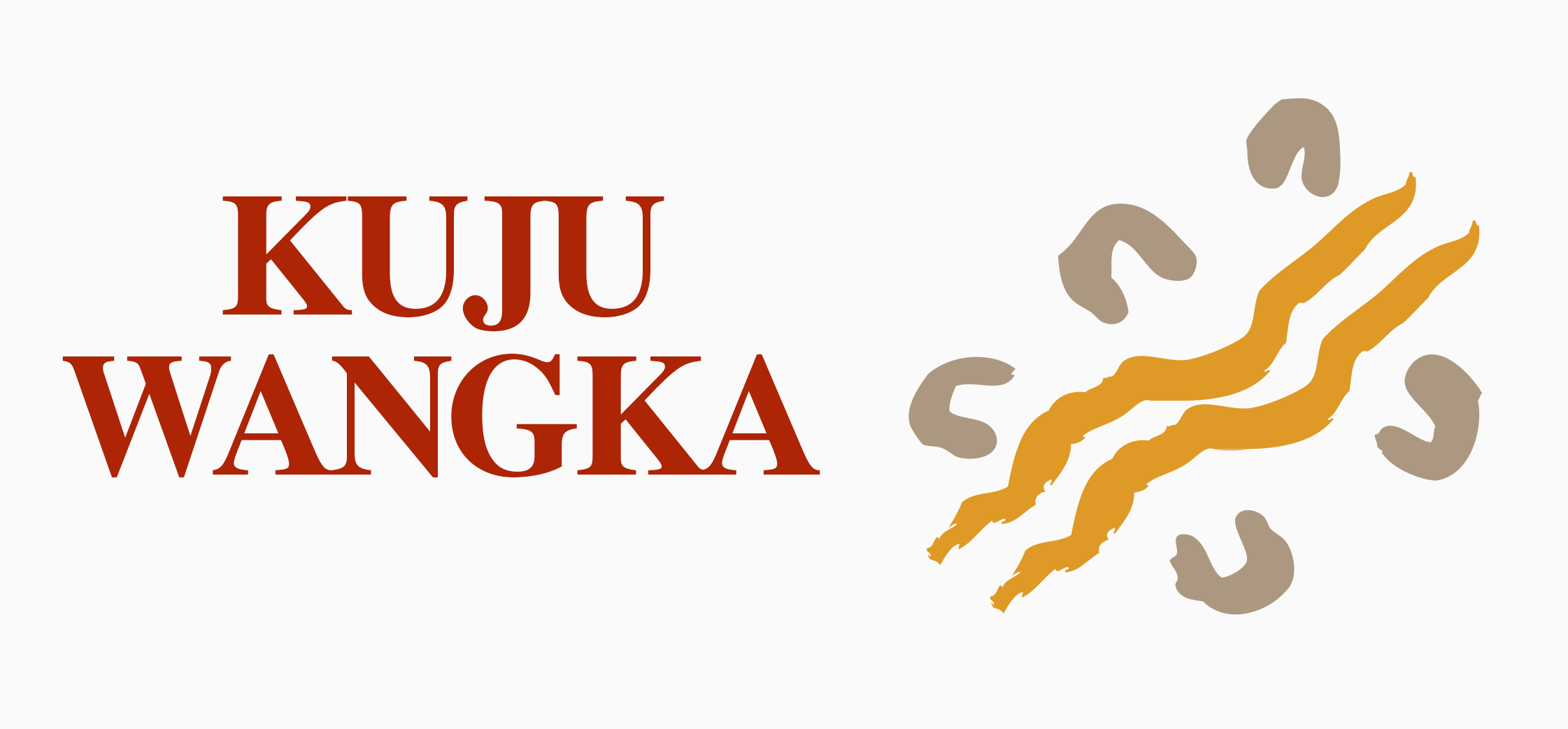Closed areas — NO access
Katjarra (Carnarvon Range)
The Birriliburu native title determination covers part of the Canning Stock Route (CSR) from Wells 5-15. While the historical activity on the CSR has varied over the years, the steady increase in tourist traffic has become a significant issue for the Birriliburu native title holders.
In recent times there has been much discussion between the Birriliburu native title holders and other land holding groups along the length of the CSR about the proper management of tourism. To date, these discussions have been dominated by the issue of access to Country adjacent to the CSR.
The Birriliburu native title holders recognise that there is a great degree of interest from travellers wanting to learn more about Country and the people who ‘hold’ the Country traversed by the CSR. The Birriliburu native title holders understand that many of the requests to visit places like Katjarra (Carnarvon Range) are made by travellers who are genuinely interested in the history, traditions and stories of Martu people. At present the Birriliburu native title holders manage the access to the Birriliburu native title determination area through their incorporated organisation Mungarlu Ngurrarankatja Rirraunkatja Aboriginal Corporation (MNR).
MNR are in the process of developing a detailed visitor access and management strategy for the Birriliburu native title determined area. This strategy will take some time to develop and will be informed by a series of trials with associated monitoring and review processes.
Until such time as the strategy is developed, the Birriliburu native title holders request that travellers please observe the conditions of the CSR permit and do not travel off the Stock Route while in the Birriliburu native title determined area, including Katjarra
For information specific to the Birriliburu native title determined area please see the website: www.centraldesert.org.au.
Kaalpi (the Calvert Range)
Kaalpi (the Calvert Range) is an area of great cultural significance to the Martu people. In the last decade, there has been a rapidly escalating level of tourism into Kaalpi. Due to a lack of resources, there has been no capacity to manage this concentrated tourist load.
The majority of tourists have respected the requests of the Traditional Owners by seeking permits to enter the ranges and by limiting the impact of their visits. However, the scale of the unmanaged tourist load has now led to a range of issues at Kaalpi and the surrounding area that will quite quickly cause permanent deterioration if tourism continues in its current form.
The impact of the substantially increased visitor numbers has included:
accidental and at times deliberate damage by visitors to cultural sites
fire in the gorges around Kaalpi, causing damage to cultural sites
removal of artefacts, including grindstones
chainsawing of trees around campsites
removal of barriers limiting access to special sites
publication of restricted images of rock art in magazines, on DVDs and on the internet
proliferation of tracks to and from Kaalpi
an increasing number of cleared campsites close to the ranges; and
an increasing load of rubbish, faeces and toilet paper around campsites close to the ranges.
Kaalpi falls within the Martu native title determination area. Land within that area is held on trust for Martu people by the Jamukurnu Yapalikurnu Aboriginal Corporation (JYAC). Due to the need to protect the cultural and environmental values of this important area, JYAC has decided that no permits will be issued to visit Kaalpi and surrounding areas until further notice. This decision is intended to allow appropriate management plans and resources to be put in place, to ensure that sites in and around Kaalpi can be properly protected, whilst allowing travellers to experience the sites in a culturally appropriate manner. JYAC, on behalf of the Martu people, ask that travellers along the Canning Stock Route and other 4WD travellers respect their wishes, and help in the effort to protect this special area.
They ask that travellers show their support by not visiting the Kaalpi until further notice, and by not using tracks to the area. Your assistance will help management practices be put into place so this important part of Australia’s cultural heritage can be protected. If you have any enquiries, please contact JYAC on 08 9486 9797.



